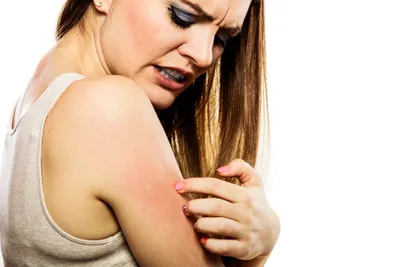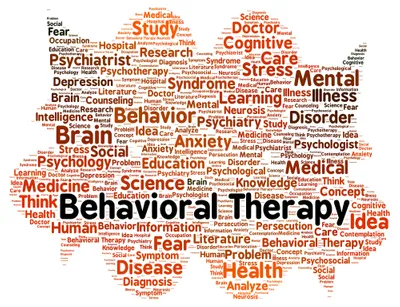Body focused repetitive behaviors (or BFRB’s) in children describe a group of frequently repeated behaviors that injure the body but are not classified as self-harm behaviors. They are clustered together with other OCD behaviors. The disorder develops in early puberty and initially affects both sexes equally. In adulthood, more females are afflicted.
With time the behaviors may become so ingrained they occur automatically. Both environmental and genetic factors can contribute to the onset of these behaviors. Stress can also play a role. Some of the behaviors if left untreated can lead to physical or social complications. Approximately 2.5-percent of the population or 2 million children and adults are affected by this disorder…
1. Nail Biting
Also known as onychophagia; compulsive nail biting can result in varying degrees of nail bed damage. This in turn can lead to bleeding, sores, pain and infection.
Closely related to this disorder is dermatophagia, in which an individual bites the skin inside their cheeks and around their nails. Sores and infection can result.
2. Nose Picking
Also known as rhinotillexomaina, the compulsive urge to pick one’s nose can cause many problems.
In addition to obvious social problems, this disorder can lead to significant damage to the epithelial cells lining the nose and possibly infection.
3. Trichotillomania (Hair Pulling)
Trichotillomania is a condition in which an individual compulsively pulls hair out of various parts of their body. It’s not limited to scalp hair.
In fact, Trichotillomania and can include eyebrows, eyelashes, pubic area and arms and legs. It is estimated that 10 million North Americans suffer from this disorder.
4. Trichophagia
This is a disorder characterized by the compulsive urge to eat the hair that an individual has pulled from their body. Hair is not easily digested and if enough is eaten it can form a hairball, known as trichobezoar.
This can cause serious physical problems and require invasive surgery to remove. Another closely related disorder involves the compulsive urge to cut or shave the hair. This is known as tichotemnomania.
5. Skin Picking
Skin picking is also known as dermatillomania or excoriation disorder. This is a disorder in which an individual experiences compulsive urges to pick at or scrape their skin which results in sores, scabs or infections.
They pick at skin on their face, scalp, hands, feet, arms or legs. This disorder can progress to scab eating disorder, which is socially unacceptable.
6. Treatment for BFRB’s
Cognitive behavioral therapy (CBT), counselling, and medications have been used to treat this disorder with varying degrees of success.
Doctors who diagnose BFRB’s may also recommend attending peer support groups, which can be found in person and are also available online.









